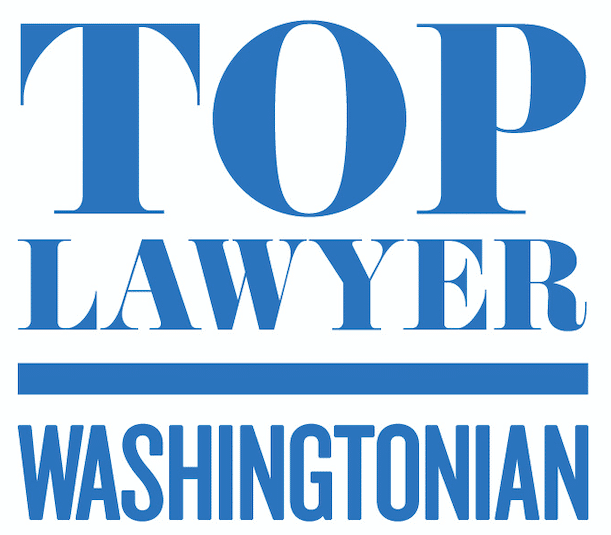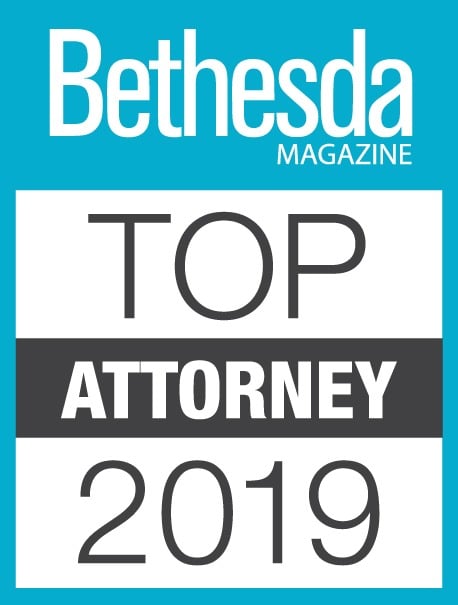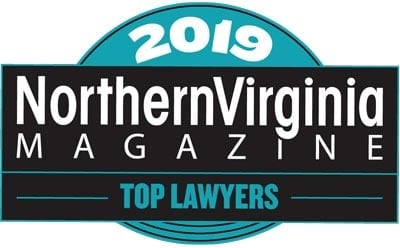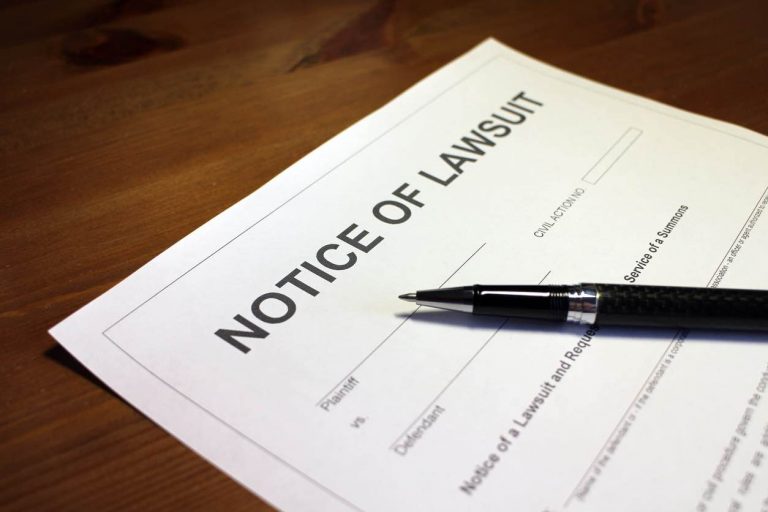On September 7, 2016, a Texas appellate court in MJS and Associates, LLC v. Master et al., No. 12-15-00219-CV (Tex. Ct. App. 2016) affirmed a ruling in favor of a False Claims Act whistleblower who was sued by her former employer MJS and Associates, LLC (MJS) for bringing a False Claims Act (FCA) suit. MJS alleged that Master used confidential information in breach of her employment agreement to bring the FCA suit, which caused MJS’ business to suffer. On summary judgment, the court held that there was no evidence that Master’s participation in the FCA suit caused MJS to lose business.
Whistleblower Sued for Bringing False Claims Act Lawsuit
In March 2007, Master began working for MJS, a health care consulting firm that audits home health care companies for compliance with Medicare requirements. As a health care consultant, Master was required to sign a confidentiality agreement and an employment agreement preventing her from disclosing information or documents about the audits. She worked exclusively on audits for a company named LHC Group Inc. (LHC).
In July 2011, Master discovered that LHC was not in compliance with federal laws and resigned from MJS. One month later, Master filed a FCA suit against LHC with information she obtained while acting as its auditor. Master’s suit alleged that LHC wrongfully obtained substantial funds from government healthcare programs, through false claims made in connection with its home health care service facilities.
In September 2011, LHC settled the FCA suit for $65 million, and Master’s received over $12 million for exposing the company’s fraudulent activity. Two years after the FCA suit was filed, LHC terminated its contract with MJS. In addition, industry periodicals reported on the FCA suit, which identified Master as the whistleblower.
Upon discovering that Master had brought the FCA suit, MJS sued Master for breach of contract, violation of the Texas Trade Secrets Act, breach of fiduciary duty, conversion, tortious interference with a contract, conspiracy, and fraud based on Master’s pursuit of the qui tam suit against LHC. Specifically, MJS asserted that its business declined as a result of the negative publicity stemming from the FCA suit.
Summary Judgment Dismissing Retaliatory Lawsuit Against Whistleblower
In granting Master’s motion for summary judgment, the court recognized that “even if the decline in business could be attributed to the [negative publicity], it would not follow that Master’s acts of collecting and providing the information upon which the qui tam suit was based caused the article’s author to write the article, which merely reported on a federal lawsuit relevant to the publication’s subject matter.” Accordingly, the court found that Master’s acts were not a substantial factor in MJS’s declining business and granted summary judgment in favor of Master.
Implications for False Claims Act Whistleblowers
This decision demonstrates that retaliatory lawsuits against whistleblowers rarely succeed and indeed often backfire. For example, litigating this claim appears to have just created more negative publicity for MJS. While whistleblowers should exercise caution in making disclosures to the media, disclosing fraud through legal process, such as bringing a False Claims Act lawsuit, is typically protected by the judicial privilege. In addition, federal whistleblower protection laws protect whistleblowers for participating in an investigation, testifying in proceedings, or otherwise providing information to the government.
See these related posts and FAQs:
- Court Rules that Whistleblowers Can Use Confidential Company Documents to Expose Fraud
- False Claims Act Decision Recognizes Public Policy Exception to Confidentiality Agreements
- De Facto Gag Clauses: The Legality of Employment Agreements That Undermine Dodd-Frank’s Whistleblower Provisions
- 5 Questions To Ask Before Suing Over Whistleblower Theft
- Forbes Quotes Whistleblower Attorney Jason Zuckerman About Self-Help Discovery in Whistleblower Litigation
- Can Whistleblowers Disclose Secret Recordings to the SEC?
- Is a lawsuit against a whistleblower actionable retaliation?
Leading Lawyers Representing False Claims Act Whistleblowers




The experienced False Claims Act qui tam whistleblower attorneys at leading whistleblower law firm Zuckerman Law have substantial experience representing whistleblowers disclosing fraud and other wrongdoing at government contractors and grantees. To schedule a free preliminary consultation, click here or call us at 202-262-8959.
You may also be protected under the NDAA whistleblower retaliation law. To learn about the NDAA whistleblower protection law, see our post Congress Strengthens Whistleblower Protections for Federal Employees and our Practical Law Practice Note: Whistleblower Protections Under the National Defense Authorization Act.
Our experience includes:
- Representing whistleblowers in NDAA retaliation claims before the Department of Defense, and Department of Homeland Security, Department of Justice Offices of Inspectors General.
- Representing whistleblowers disclosing fraud on the government in Congressional investigations.
In addition, we have substantial experience representing whistleblowers under the Whistleblower Protection Act (WPA) and enforcing the WPA, the law that the NDAA whistleblower provisions are based upon.
We have also written extensively about whistleblower protections for employees of government contractors and grantees, including the following articles and blog posts:
- Boosting Contractor Employee Whistleblower Protections, Law 360 (December 2016)
- New Tools to Combat Whistleblower Retaliation, Taxpayers Against Fraud Education Fund Quarterly Review, Vol. 57 (October 2010)
- GAO Report Calls for Improvements in Government Contractor Whistleblower Protections
- False Claims Act Retaliation Decision Underscores Broad Scope of FCA Whistleblower Protection
- NDAA Provides Robust Whistleblower Protection
- FAR Amendment Bars Agencies from Subsidizing Whistleblower Retaliation
- NDAA Contractor Whistleblower Protection Law Highly Effective in Rooting Out Fraud
- Congress Enacts Anti-Gag Provision in Cromnibus Spending Bill
- Whistleblower Lawyer Jason Zuckerman Will Speak About False Claims Act Litigation at Taxpayers Against Fraud Conference
- Whistleblower Protections Under the Whistleblower Protection Act, Practical Law (October 2016)
- Whistleblower Lawyer Jason Zuckerman Quoted in National Law Journal
- Whistleblower Lawyer Jason Zuckerman Quoted About Federal Employee Whistleblower Rights
- Washington Post Quotes Whistleblower Attorney Jason Zuckerman About Chilling Effect of Insider Threat Program
- How to foster a more ethical culture
- Whistleblower Lawyer Jason Zuckerman Quoted About MacLean Whistleblower Protection Act Case
- Trump Questionnaire Raises Concerns About Retaliation Against Energy Department Staff
- CFPB official wants to silence a whistleblower before he can talk to Congress








